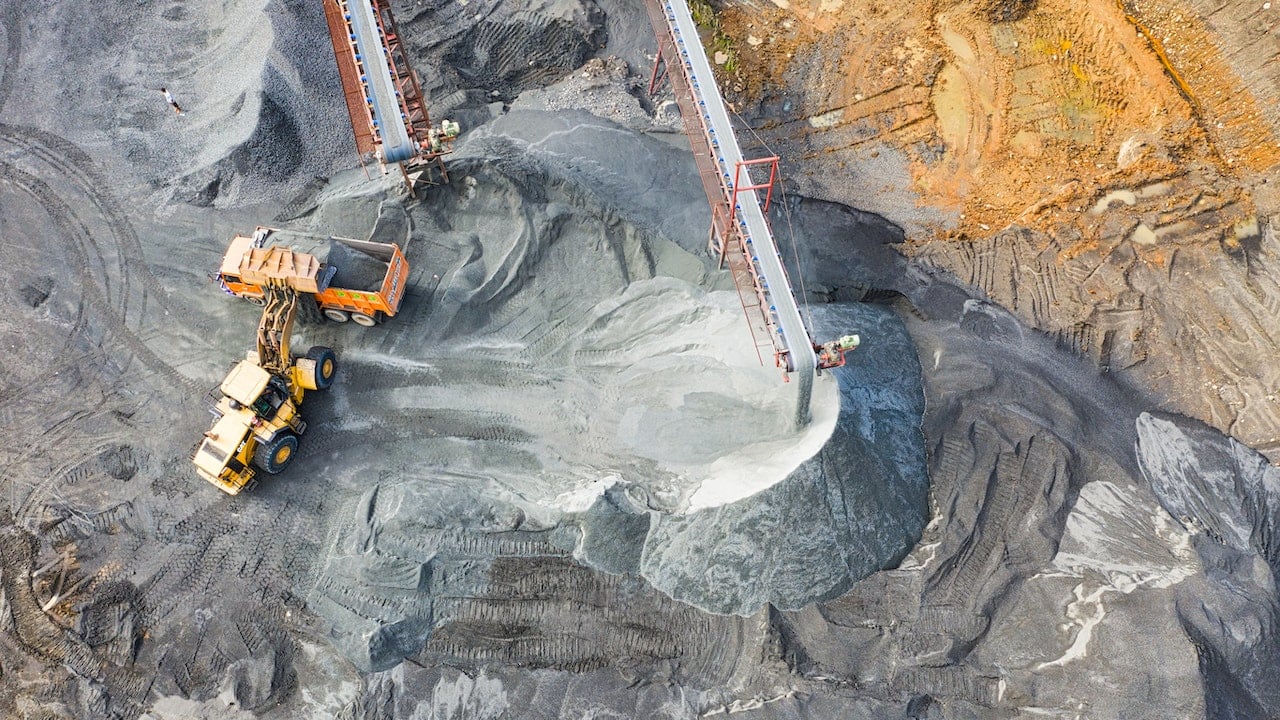 |
|
The Karnataka state government's recent introduction of a bill to tax mines and mining land has sent ripples through the Indian stock market, particularly impacting NMDC and other steel companies. The bill, approved earlier this month by the Karnataka Cabinet and officially tabled on December 18th, proposes a levy on the exercise of mineral rights and mineral-bearing land. This move has resulted in a significant drop in the share prices of several companies, most notably NMDC, which experienced a 6% decline – its largest in 18 weeks. This substantial fall underscores the significant role Karnataka plays in NMDC's operations, contributing approximately 35% of its overall production. The proposed tax, ranging from Rs 20 to Rs 100 per tonne depending on the mineral, is projected to generate substantial revenue for the state, estimated at Rs 4,207.95 crore annually from mineral rights alone, with an additional Rs 505.9 crore anticipated from the taxation of mineral-bearing land.
The impact extends beyond NMDC. JSW Steel and SAIL, two other prominent steel companies, also faced selling pressure, with share prices declining by approximately 2% and 1.74%, respectively. This reflects the interconnectedness of the steel industry and the reliance on iron ore as a crucial raw material. The increased cost of iron ore, a direct consequence of the new tax, is expected to impact the profitability of these steel producers. They will likely face the challenge of absorbing these higher costs or passing them on to consumers, potentially impacting the competitiveness of the Indian steel industry in the global market. The Supreme Court's previous approval of states' rights to collect mining taxes retrospectively from 2005 adds another layer of complexity to the situation, potentially opening the door for similar tax initiatives in other states.
The Karnataka mining tax bill raises several important questions about the balance between state revenue generation and the economic health of the mining and steel industries. While the state aims to secure substantial revenue through this tax, the potential negative consequences for major companies like NMDC, JSW Steel, and SAIL cannot be ignored. The impact on employment within these companies and their supply chains also needs to be considered. The long-term effects on the competitiveness of the Indian steel industry in international markets remain to be seen. Further analysis is needed to assess the overall economic implications of this bill, including a comprehensive cost-benefit analysis that considers the potential for job losses, reduced investment in the mining sector, and the overall impact on India's industrial competitiveness. The government will need to carefully manage the implementation of this tax to mitigate its negative impacts while still achieving its revenue targets.
The incident highlights the complexities inherent in resource management and taxation within a developing economy. Balancing the need for revenue generation with the potential negative effects on key industries is a significant challenge for policymakers. Transparent and effective communication about the rationale behind the tax, along with measures to support affected businesses, could help mitigate the negative perceptions and potential market instability created by the announcement. It is important for the Karnataka government to demonstrate its commitment to responsible resource management and industry support to ensure long-term sustainability. The success of this policy will be measured not only by revenue generation but also by its long-term impacts on the economic health and employment stability of the mining and steel sectors in India.
Further research and analysis are required to fully understand the long-term consequences of the Karnataka mining tax bill. This includes a comprehensive assessment of its impact on employment, investment, and the international competitiveness of the Indian steel industry. Moreover, it would be beneficial to conduct comparative studies with similar tax policies implemented in other regions or countries to evaluate the potential effectiveness and unintended consequences of the Karnataka model. A transparent and open dialogue between the government, industry stakeholders, and economists is vital to addressing any concerns and ensuring the policy's long-term success. Effective monitoring and evaluation of the tax’s implementation are also crucial to ensure accountability and allow for any necessary adjustments to be made in the future.
Source: NMDC, steel stocks fall up to 6% as Karnataka govt tables Bill to tax mines and mining land
